Hamas says won’t let refugee camp in Lebanon turn into battlefield
Head of Hamas Political Bureau Abroad Khaled Meshal says the Palestinian resistance movement respects Lebanon’s sovereignty and will not allow Palestinian refugee camps there to turn into a battlefield.
A deadly shooting occurred at the Palestinian refugee camp of Burj al-Shemali, outside the Lebanese port city of Tyre, on December 12, when people had gathered at the funeral procession of a member of the resistance movement who lost his life in a huge blast at the same camp two days earlier.
The shooting claimed the lives of three Palestinians and according to Hamas official Raafat al-Murra at the time, suspected gunmen from the West Bank-based rival Fatah movement “shot at the funeral procession” and killed three Hamas members. He further told AFP that six other people were also injured in the shooting.
Later on, Hamas, based in the besieged Gaza Strip, said in a statement that the movement had held the Palestinian Authority’s leadership in the occupied West Bank city of Ramallah and their security services in Lebanon “fully responsible” for the crime.
During a meeting with the relatives of those killed in the shooting, Meshal on Friday said the perpetrators of this crime would not go unpunished, calling on the Fatah movement to extend its condolences to the victims' families and offer compensation.
Hamas says the culprits behind the deadly shooting are security forces of the Palestinian Authority, which is run by the Fatah movement.
“The killers committed a heinous crime in the refugee camp of Burj al-Shemali and they will not escape punishment,” Meshal said, adding, “We are guests on the land of Lebanon until we return to our homeland.”
Some 192,000 Palestinian refugees live mostly in the 12 refugee camps that are scattered around the small Mediterranean country, according to the United Nations Relief and Works Agency (UNRWA).
Many of these Palestinians are descendants of those who fled their homes in the Israeli-occupied Palestinian territories and the West Bank during the wars of 1948 and 1967 or were later forced to abandon their homes and lands.
By longstanding agreement, the Lebanese army does not enter the camps, leaving security inside to Palestinian movements and factions.
Hamas and Fatah, which is led by President Mahmoud Abbas, have been at odds since 2007, when Hamas assumed control of the Gaza Strip.
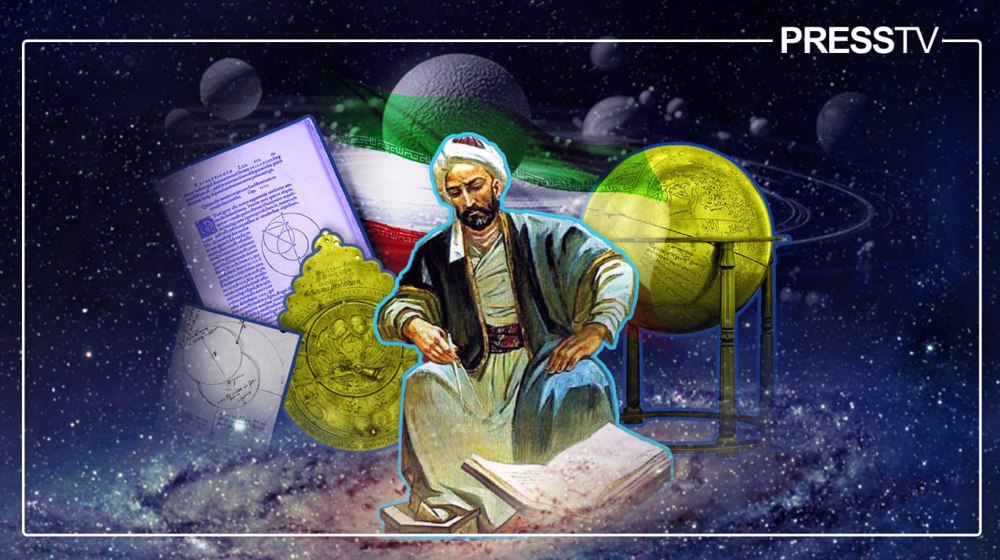
Naṣir al-Din al-Ṭusi: The 13th century Iranian polymath who revived Islamic sciences
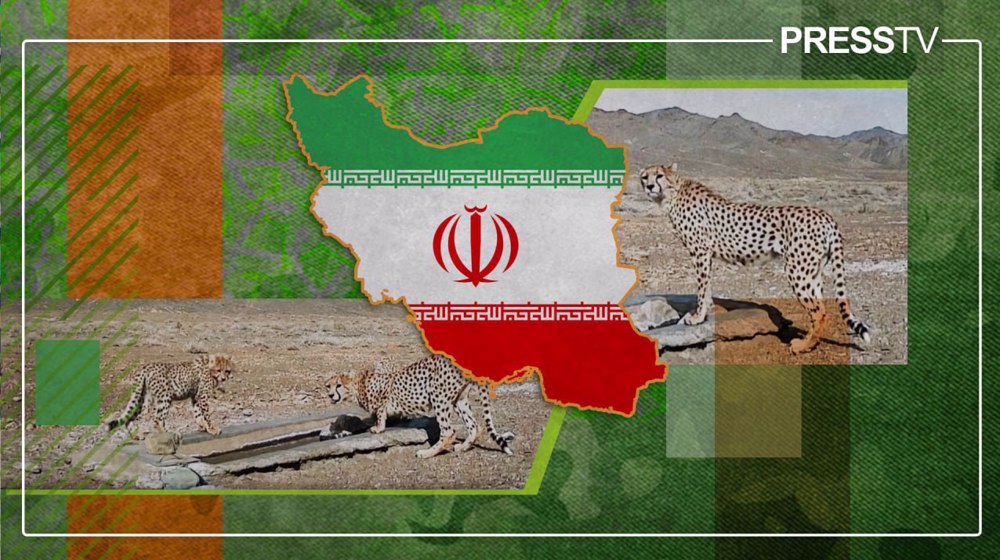
Hope rekindled as rare Asiatic cheetah family spotted in central Iran

The 3rd Sobh International Media Festival extends entry deadline to March 5
Over dozen settlers injured in anti-Israel operation near Haifa
Pezeshkian: Iran open to talks but won’t capitulate to bullies
VIDEO | Iran unveils advanced naval arsenal
VIDEO | Reunion of released Palestinians and their families in Khan Yunis
Kurdish leader Ocalan calls on PKK militants to end war with Turkey
Health leader warns Africa's health services at risk of 'collapse'
VIDEO | Press TV's news headlines
Iranian flotilla makes port call in India with 'friendship message'


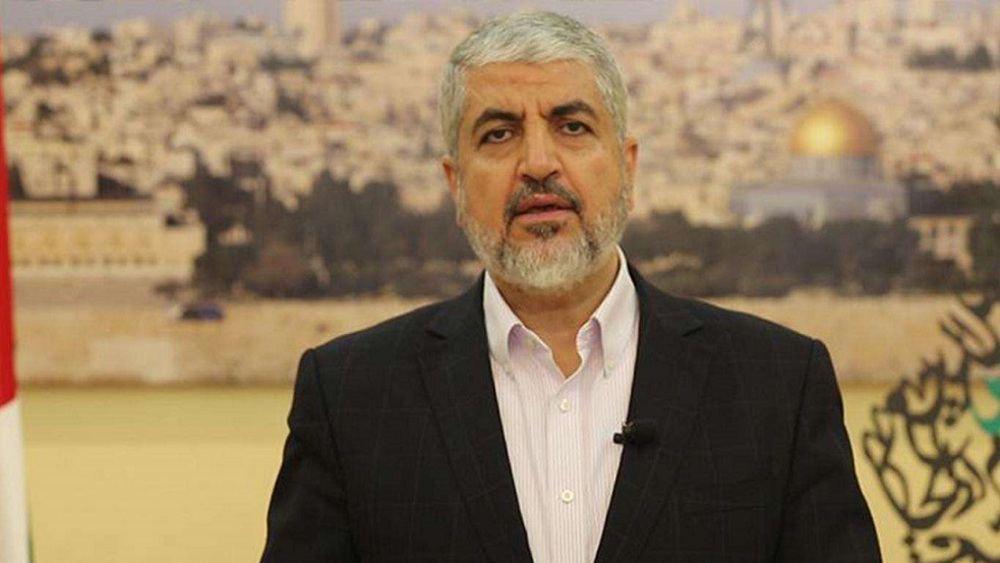
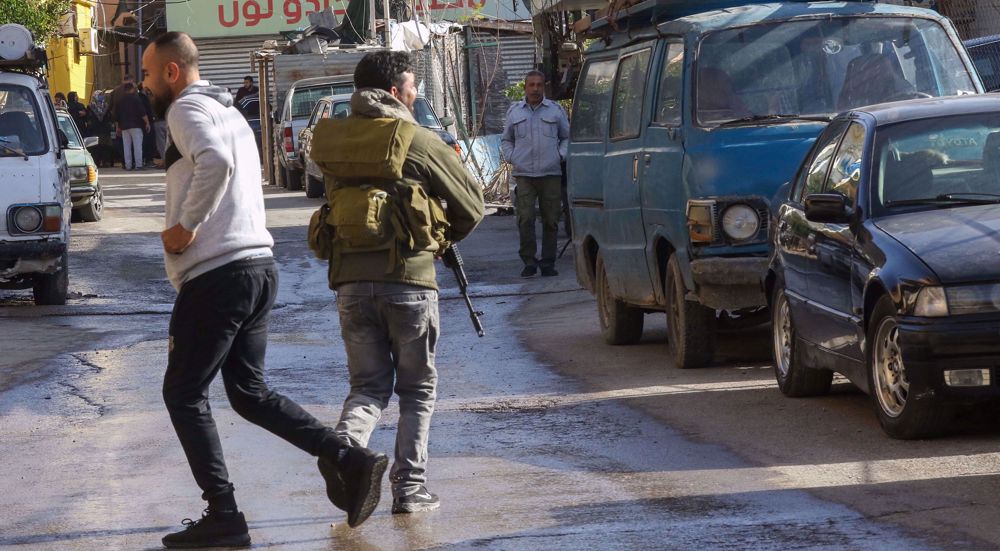
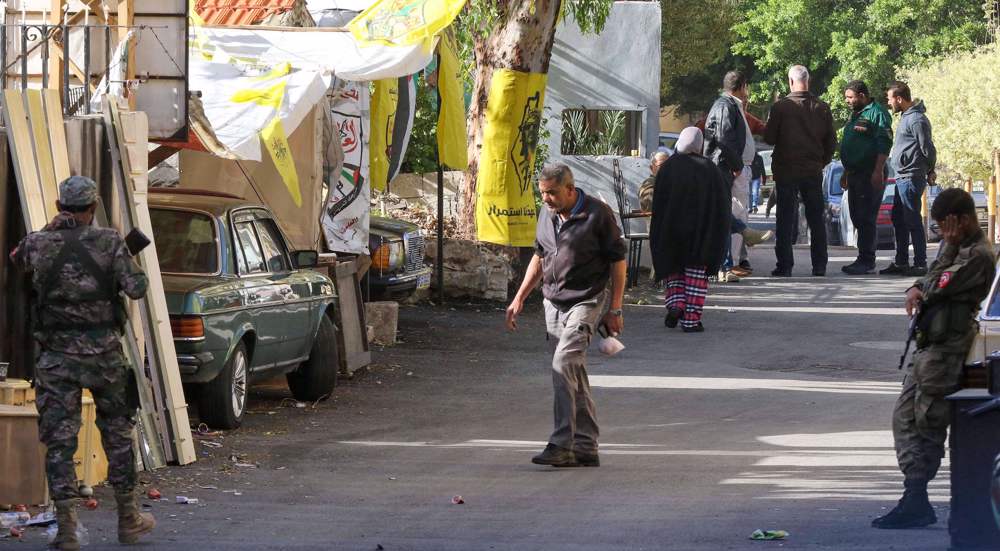




 This makes it easy to access the Press TV website
This makes it easy to access the Press TV website